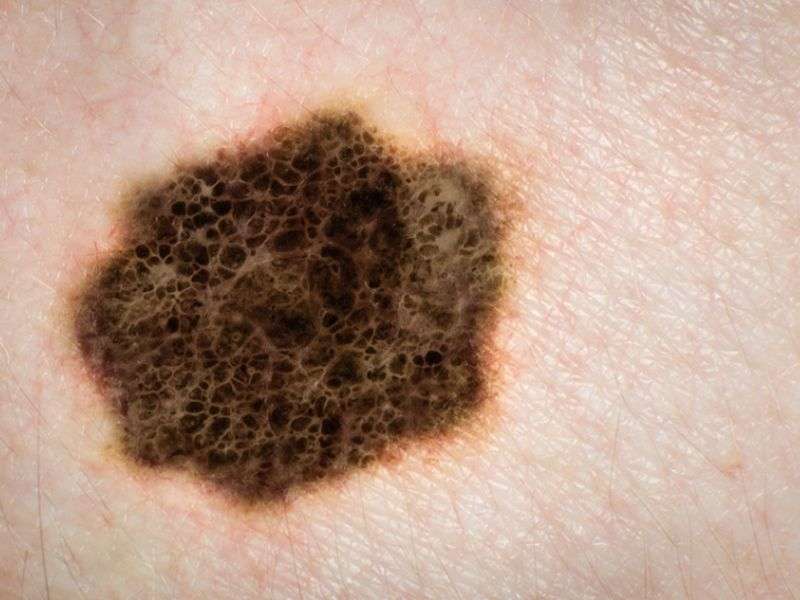Pathologists vary in suggested therapy for melanocytic lesions

(HealthDay)—Pathologists have wide variability in treatment suggestions for melanocytic lesions, according to a study published in the January issue of the Journal of the American Academy of Dermatology.
Kachiu C. Lee, M.D., from Brown University in Providence, R.I., and colleagues conducted a survey to assess variability in 207 pathologists' treatment suggestions for melanocytic lesions in their reports.
The researchers found that 15 percent of pathologists reported never including suggestions and 7 percent reported always including suggestions. Improved care (79 percent), clarification (68 percent), and legal liability (39 percent) were cited as reasons for offering suggestions, while referring physician preference (48 percent), lack of clinical information (44 percent), and expertise (29 percent) were cited reasons for not offering suggestions. Offering suggestions were associated with training and caseload (P < 0.05). Suggestions were most consistent for mild/moderate dysplastic nevi and melanoma. For melanoma in situ, 9 percent of pathologists made treatment suggestions that undertreated legions and 15 percent made suggestions overtreating lesions, based on National Comprehensive Cancer Network (NCCN) guidelines. Seven percent of pathologists made treatment suggestions that undertreated lesions for invasive melanoma, based on NCCN guidelines.
"These findings may inform efforts to reduce treatment variability and optimize patterns of care delivery for patients," the authors write.
One author disclosed financial ties to the pharmaceutical industry.
More information: Full Text (subscription or payment may be required)
Copyright © 2016 HealthDay. All rights reserved.


















